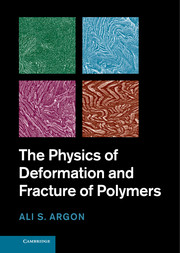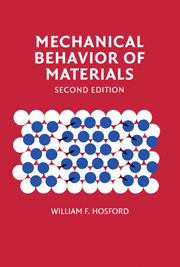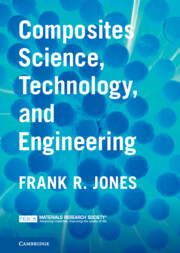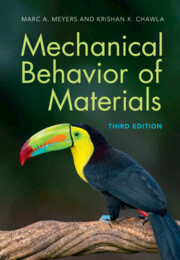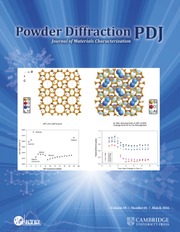The Physics of Deformation and Fracture of Polymers
Demonstrating through examples, this book presents a mechanism-based perspective on the broad range of deformation and fracture response of solid polymers. It draws on the results of probing experiments and considers the similar mechanical responses of amorphous metals and inorganic compounds to develop advanced methodology for generating more precise forms of modelling. This, in turn, provides a better fundamental understanding of deformation and fracture phenomena in solid polymers. Such mechanism-based constitutive response forms have far-reaching application potential in the prediction of structural responses and in tailoring special microstructures for tough behaviour. Moreover, they can guide the development of computational codes for deformation processing of polymers at any level. Applications are wide-ranging, from large strain industrial deformation texturing to production of precision micro-fluidic devices, making this book of interest to both advanced graduate students and to practising professionals.
- Comprehensive, mechanism-based understanding of key governing processes of plastic deformation and fracture of polymers and polymer blends, emphasising features shared by polymers, amorphous metals and inorganic compounds
- Multiple examples demonstrate mechanistic modelling of deformation and fracture processes, with key applications in industry
- Provides a means of developing wide-ranging computational capability for modelling complex 3D deformation processing of polymers from industrial scale applications to nanoscale biofluidic devices
Reviews & endorsements
'This is an excellent book on inelastic deformation and fracture of polymers from a mechanistic point of view. It is written by a leading researcher who has studied this subject at the Massachusetts Institute of Technology for more than thirty years. A large part of the book is based on the author's own contribution to the field. It is concisely written yet contains sufficient details. This book is a good reference for graduate students as well as engineers in the field.' SuPing Lyu, MRS Bulletin
Product details
March 2013Hardback
9780521821841
534 pages
253 × 182 × 28 mm
1.18kg
235 b/w illus. 15 tables
Available
Table of Contents
- 1. Structure of non-polymeric glasses
- 2. Structure of solid polymers
- 3. Overview of deformation and fracture mechanisms
- 4. Small strain elastic response
- 5. Linear visco-elasticity of polymers
- 6. Rubber elasticity
- 7. Inelastic behaviour of non-polymeric glasses
- 8. Inelastic behaviour of glassy polymers
- 9. Plasticity of semi-crystalline polymers
- 10. Deformation instabilities in extensional plastic flow of polymers
- 11. Crazing in glassy homo and hetero polymers
- 12. Fracture of polymers
- 13. Toughening of brittle polymers.

